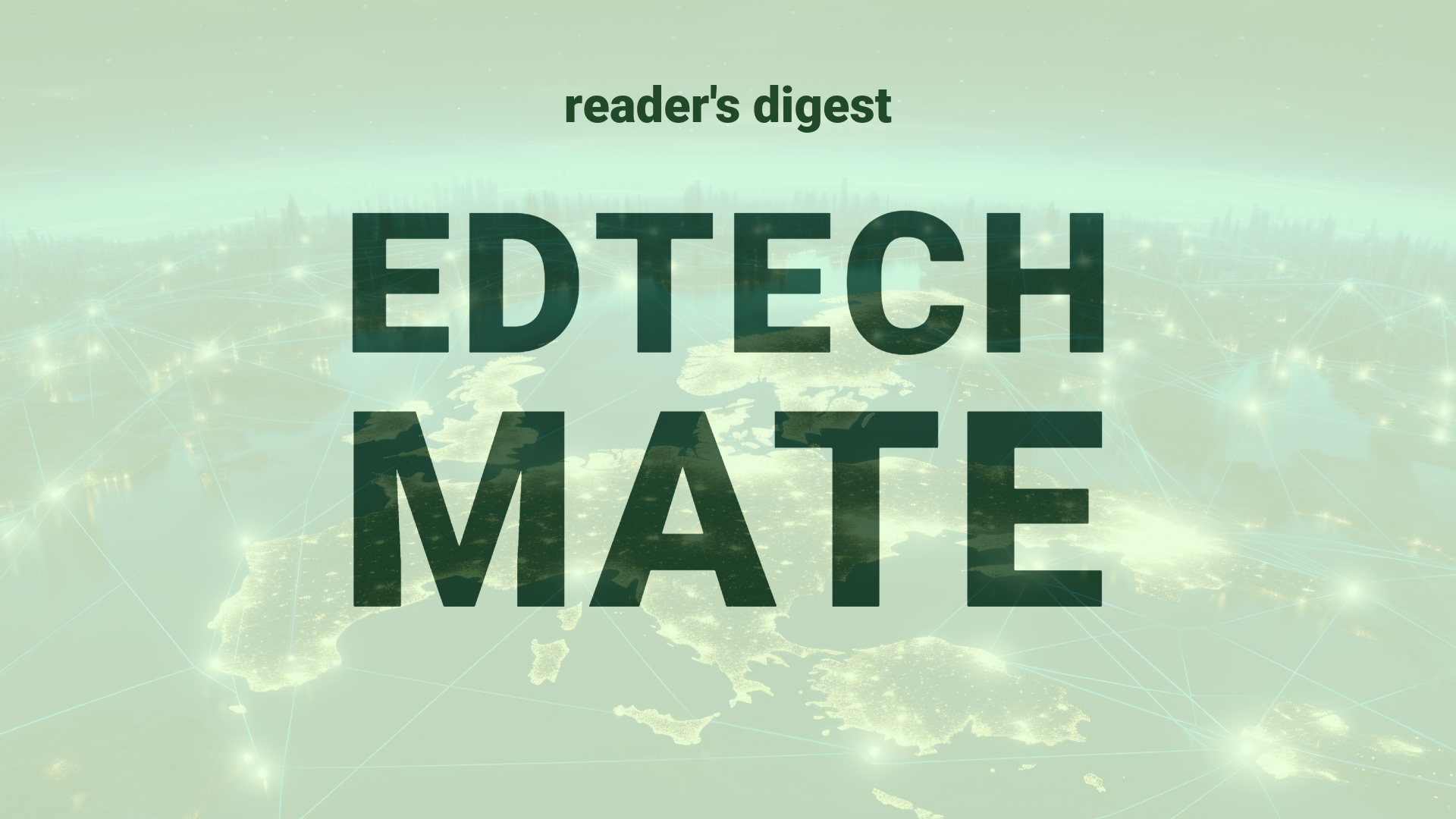Executive Summary and Main Points
The current landscape of higher education continues to be reshaped by digital transformation and strategic institutional reconfigurations in response to unprecedented challenges such as those posed by a global pandemic. Innovations in digital tools and AI have proven to be pivotal in addressing operational continuity, enriching the learning experience, and facilitating trust and crisis management. These trends underscore a growing shift towards remote capabilities and leveraging technology to not only maintain operations but also to enhance customer trust and service delivery.
Potential Impact in the Education Sector
The education sector is poised to experience significant impacts as a result of advancements in technology and strategic adaptability. In Further Education and Higher Education, the emphasis on digital competencies and remote service delivery has become critical. Contactless interactions necessitated by crises like the COVID-19 pandemic highlight the need for robust digital infrastructures that can maintain personal customer service standards. The rise of Micro-credentials indicates a broader shift towards flexible, lifelong learning opportunities supported by online platforms, requiring institutions to form strategic partnerships to seamlessly integrate technological solutions.
Potential Applicability in the Education Sector
Artificial Intelligence and digital tools offer innovative applications within the global education systems. Universities and colleges may deploy AI-driven platforms for student services and support, aiding in maintaining a high standard of trust and personal interaction remotely. Customized learning experiences through adaptive learning technologies can enhance student engagement and success. Additionally, digital credentials and blockchain could streamline the verification process and promote global mobility and recognition of qualifications.
Criticism and Potential Shortfalls
While digital transformation presents numerous benefits, it also faces criticism and potential shortfalls that need consideration. Excessive reliance on technology could compromise the human element essential in trust-building, especially in diverse cultural contexts. International case studies reveal disparities in access and technological readiness, highlighting the risk of exacerbating educational inequalities. Furthermore, ethical concerns surrounding data privacy, AI biases, and the homogenization of education require careful navigation.
Actionable Recommendations
To effectively leverage technology in higher education, leadership should consider implementing hybrid operating models that combine digital tools with personalized services. Investments in AI ethics and cross-cultural considerations of technology applications will be critical. Collaborations between educational institutions and tech companies should be fostered to drive innovation, with an emphasis on inclusivity to ensure equitable access to all learners. Finally, continuous professional development in digital literacy for educators and staff will be essential to navigate the evolving landscape of global higher education.
Source article: https://hbr.org/podcast/2024/05/the-importance-of-trust-for-managing-through-a-crisis

